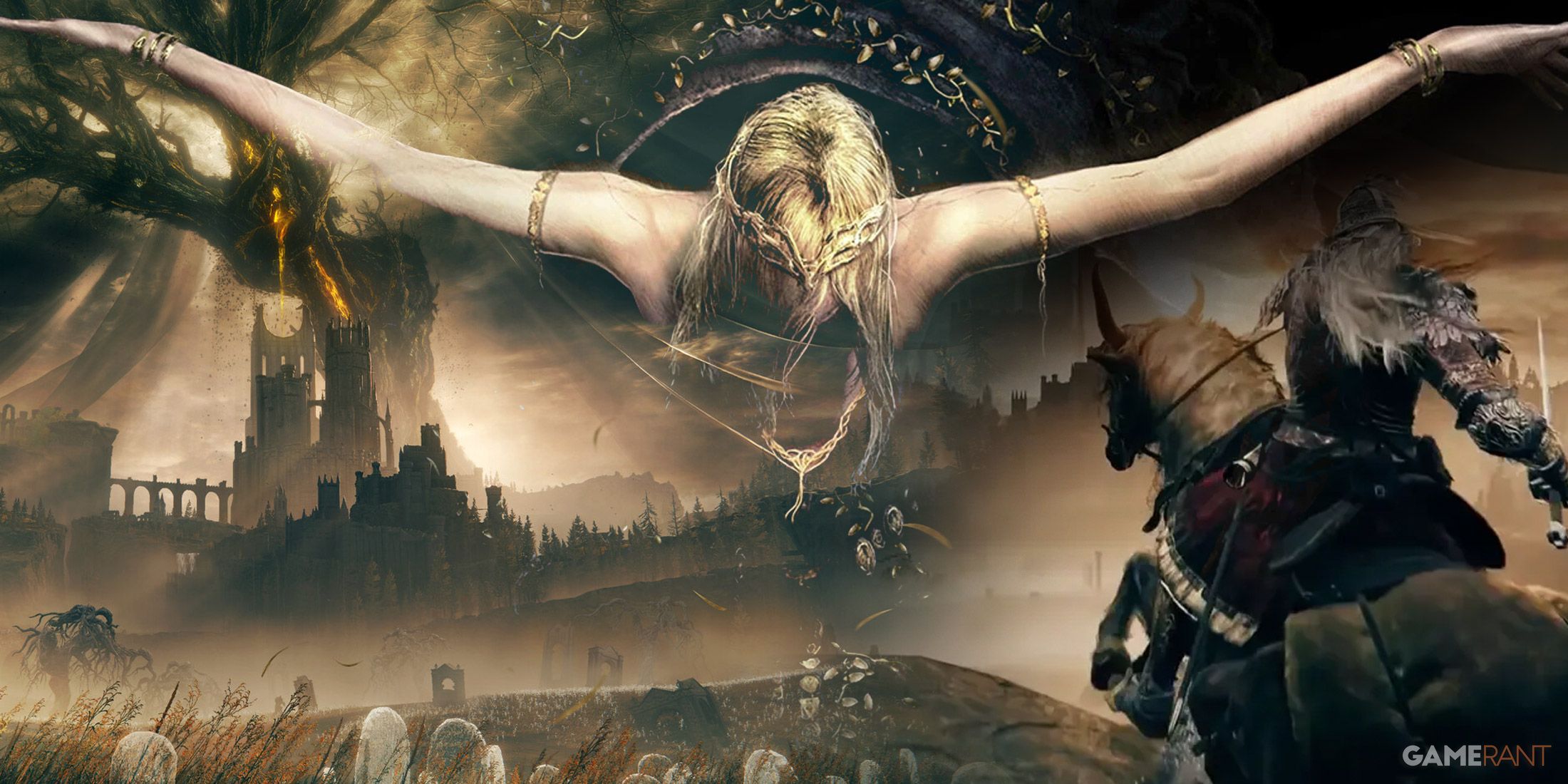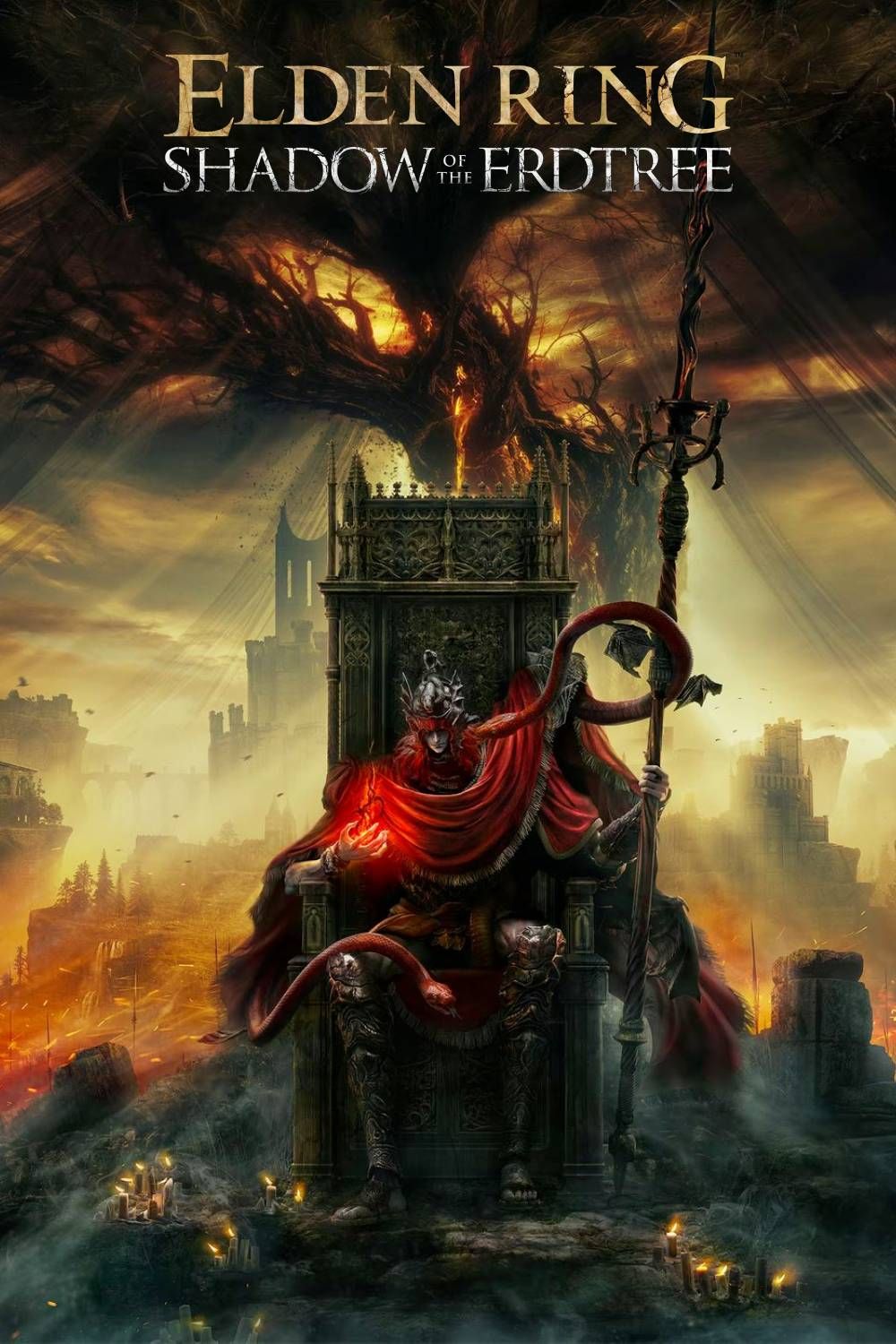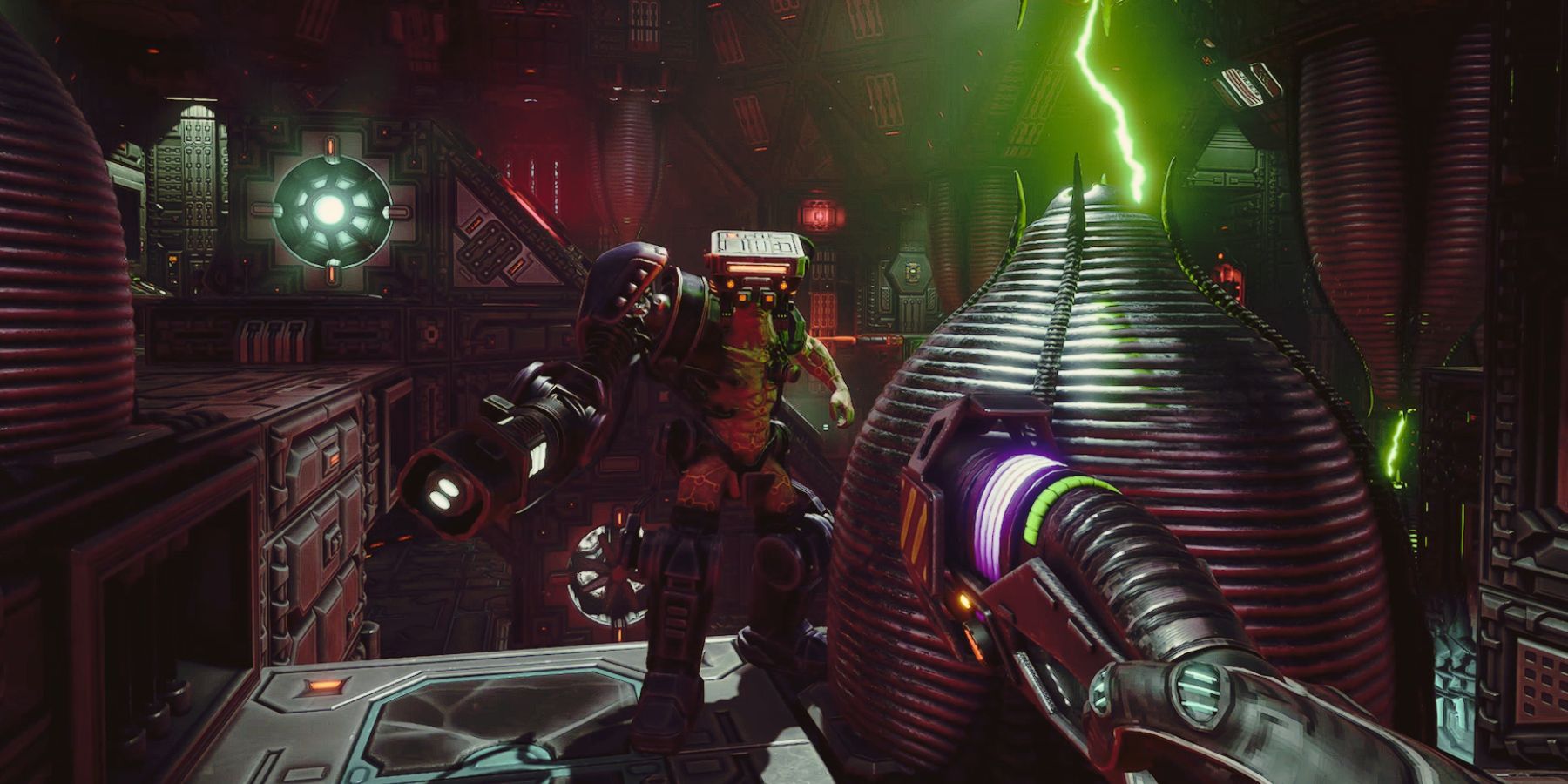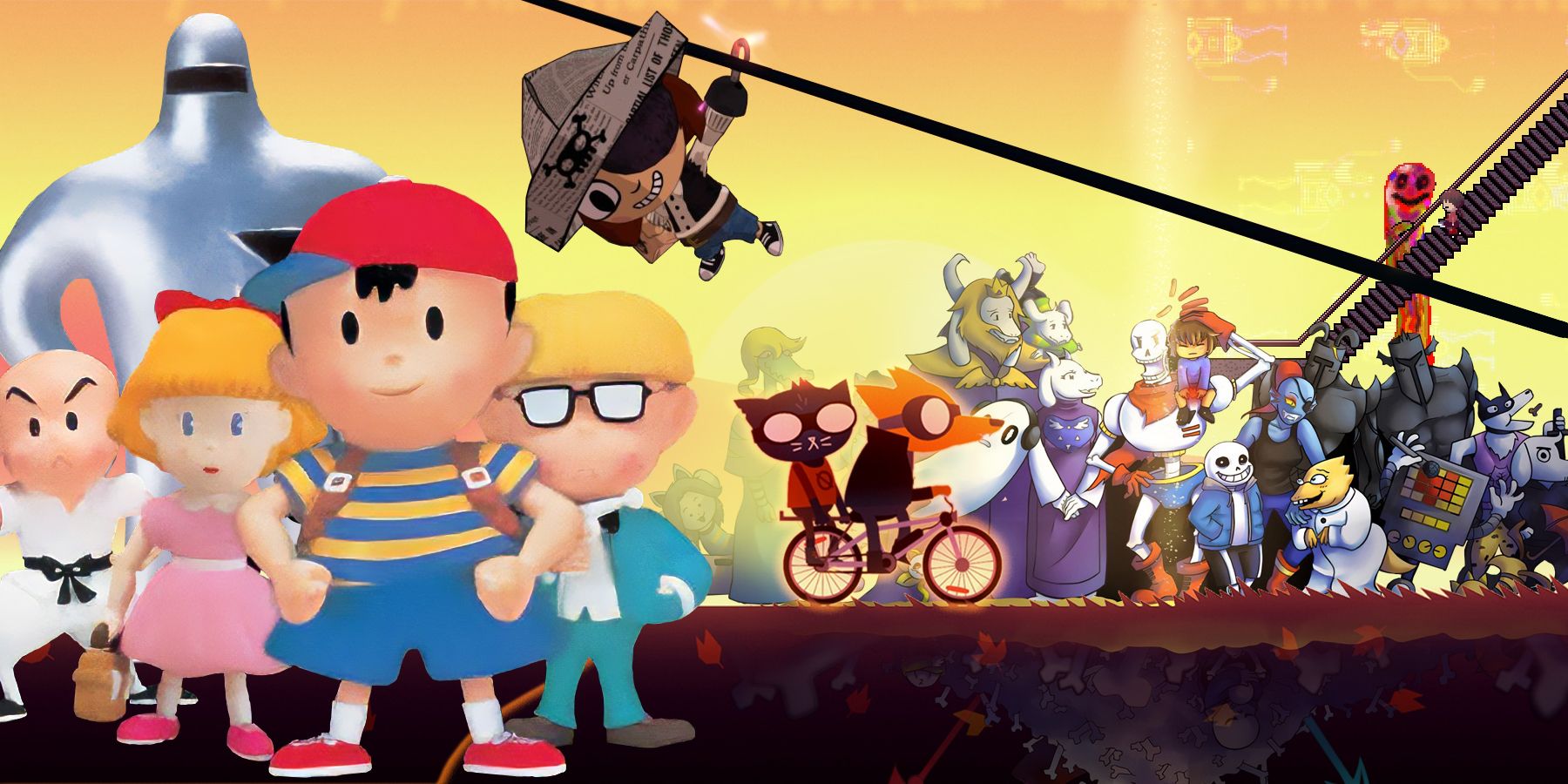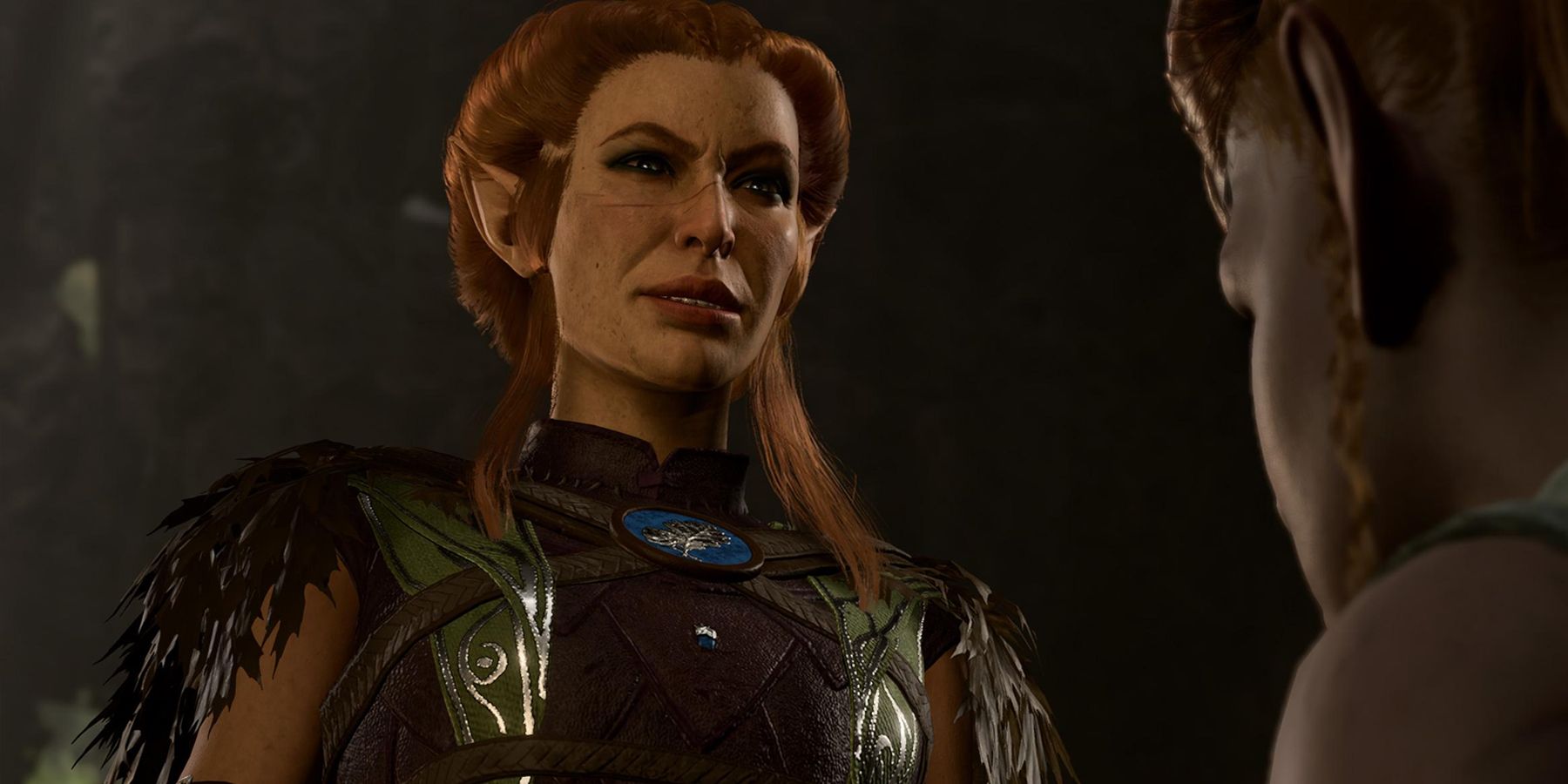Highlights
- Elden Ring: Shadow of the Erdtree is a top contender for Game of the Year due to its substantial content and lore expansion.
- The DLC’s narrative uncovers mysteries surrounding key characters like Miquella, shedding new light on Elden Ring’s lore and player role.
- The final boss fight reveals Miquella’s attempt to bring peace by ascending to godhood, redefining the Tarnished’s role in the game’s story.
Entering into the latter half of 2024 has given way to Game of the Year discussions already beginning, and it should come as no surprise that Elden Ring: Shadow of the Erdtree is already a top contender. Truthfully, FromSoftware could have released Elden Ring‘s Shadow of the Erdtree DLC as the base game back in 2022 and there’s every chance it also would have won Game of the Year, especially with how substantial it is in comparison to other DLC expansions. Of course, as the second major part of an expansive whole, Shadow of the Erdtree makes Elden Ring even better in hindsight, especially when looking at how it changes the base game’s lore.
The core of Shadow of the Erdtree’s narrative is the mystery surrounding Miquella. Not only do players need to discover where he is, but they also need to unravel the truth behind why he absconded to the Shadow Realm to ascend to godhood. Players do eventually get those answers, as well as some surprising cameos, but these answers also shed new light on the Tarnished, the Empyreans, the Erdtree, and the Greater Will. Shadow of the Erdtree’s story serves to simultaneously enhance Elden Ring‘s core narrative while also recontextualizing the player’s role in its events.
Related
How Shadow of the Erdtree’s Ralva and Rugalea Pay Homage to Elden Ring’s Most Infamous Monsters
Elden Ring’s Shadow of the Erdtree DLC honors one of the most difficult enemies in the game by addressing some of their common criticisms.
Shadow of the Erdtree’s Ymir Questline Reframes Elden Ring’s Greater Will
The following contains spoilers for
Elden Ring
‘s Shadow of the Erdtree DLC
One of the more substantial contributions that Shadow of the Erdtree makes to the overarching Elden Ring lore comes about courtesy of the Count Ymir questline. But to understand the significance of Ymir’s dialogue and the culminating boss fight at the end of his quest chain, it’s important to first recap the significance of both The Greater Will and the Fingers’ place in The Lands Between. As the Elden Ring lore is understood, The Greater Will is one of several Outer Gods who, at one point in time, have exerted their influence over The Lands Between. The Greater Will would eventually spawn The Two Fingers, often referred to as its “children” but more accurately understood as physical manifestations of The Greater Will.
Completing Ymir’s quest chain in Shadow of the Erdtree brings two revelations that shed new light on both The Greater Will and the Two Fingers, and it’s all thanks to the introduction of Metyr, Mother of Fingers. Metyr, it is revealed, is the first of the Greater Will’s children to appear in The Lands Between. However, at some point, The Greater Will would cease all contact with its children, driving Metyr mad in hopes of reestablishing a line of communication. It is none other than Metyr who has enticed Miquella to cross over to the Shadow Realm and transcend to godhood, all in hopes of reconciling with The Greater Will.
The Final Confrontation in Shadow of the Erdtree Puts The Tarnished’s Motives Into Question
Outside the revelations regarding The Two Fingers and Mother Metyr that are revealed in Shadow of the Erdtree, the DLC’s final boss fight is perhaps the biggest eye-opener in terms of changing how players view the Elden Ring lore and The Tarnished’s place within it. Miquella’s journey to the Shadow Realm and attempted ascension to godhood are Shadow of the Erdtree’s main mystery, but the curtain is peeled back in the DLC’s climactic final boss fight with Promised Consort, Radahn. Miquella, as it turns out, is trying to supersede The Greater Will and the Erdtree, breaking the never-ending cycle of chaotic conflict brought about by his mother Marika.
In other words, were Miquella successful, it is possible (if not probable) that the ascended Empyrean would have brought true peace to The Lands Between, further enforcing the idea that Elden Ring‘s Age of Stars ending is the only “good” ending to the game. In that sense, Shadow of the Erdtree casts The Tarnished as a potential villain, unwittingly doomed to repeat an endless and futile quest for power. Unless, of course, they side with Ranni and cast away the Golden Order for good.
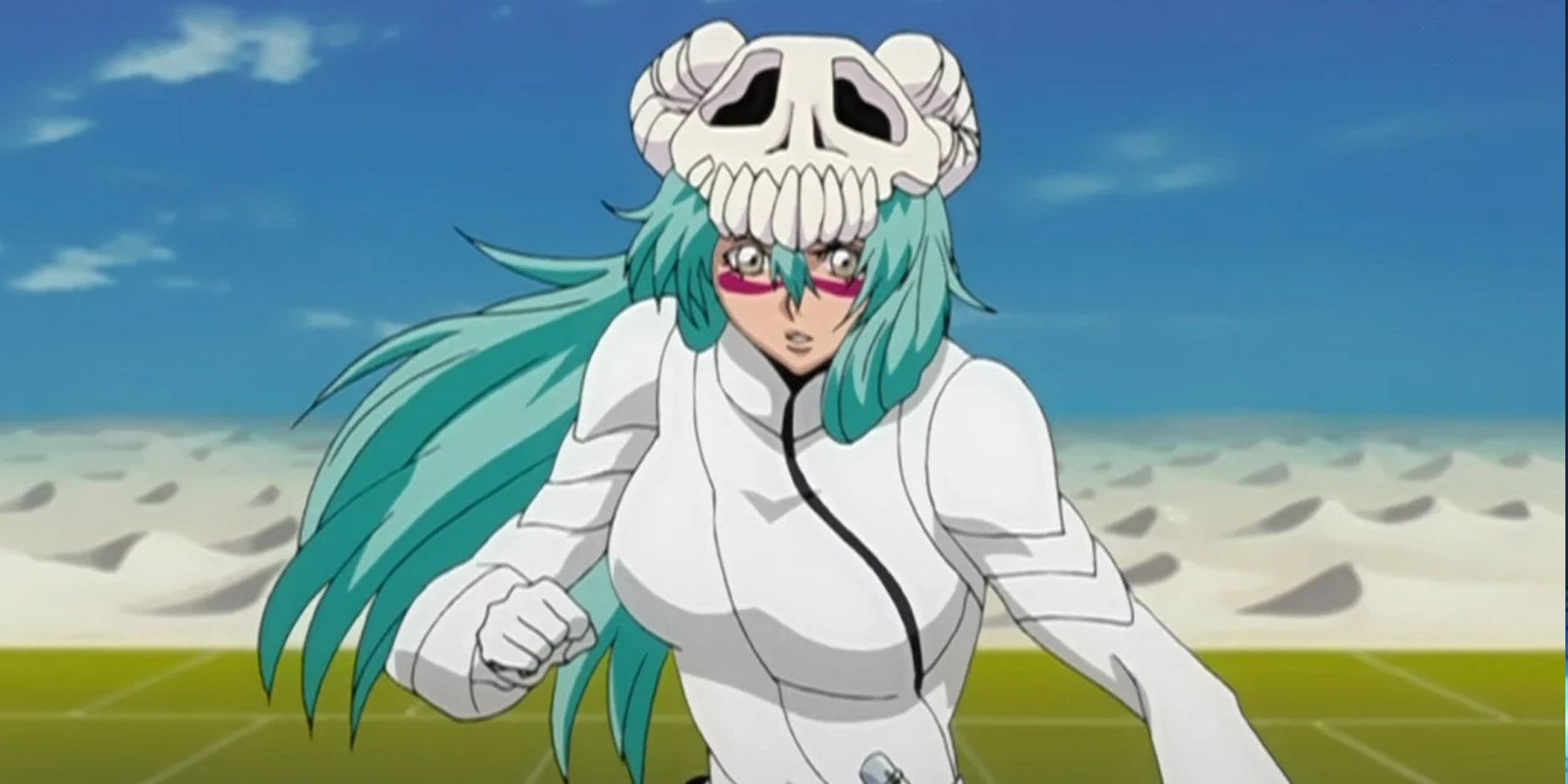
/cdn.vox-cdn.com/uploads/chorus_asset/file/25740192/corsair1.jpg)
